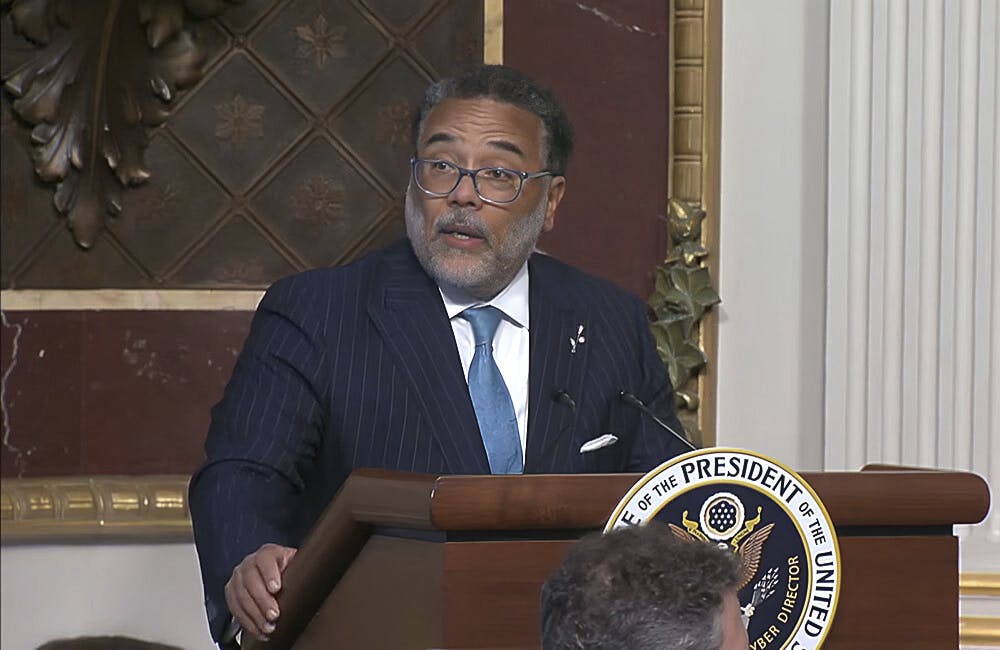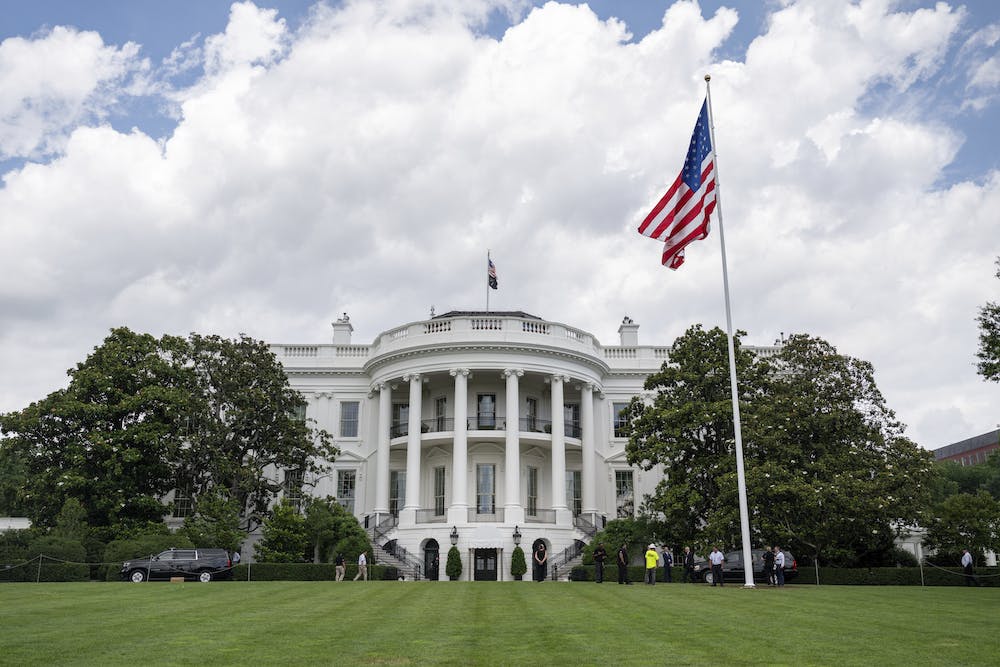White House Might Remove Degrees From Federal Cyber, IT Jobs
White House and federal leaders are moving toward skills-based hiring practices to fill critical roles in IT and cybersecurity.

The White House introduced new hiring strategies including removing requirements for a degree and emphasizing apprenticeships to attract workforce for the more than 500,000 open cybersecurity positions across government.
“We need cybersecurity talent in every industry. Today we demonstrate the true value that our office can bring facilitating a nation-wide effort to skill-based hiring demonstrating partnership, collaboration and a dedication to building the talent pipeline and open opportunities to good paying jobs in cybersecurity,” said National Cyber Director Harry Coker during a press conference last week.
Chief among the effort is a pilot to convert an entire federal IT job category to skills-based hiring. The Office of Personnel Management is currently reviewing the 2210 job series that accounts for nearly 100,000 federal employees.
“We chose to focus on the 2210 series because that reflects the majority of the technical hires across the federal government, including of course a large number of cybersecurity professionals,” said OPM Deputy Director Rob Shriver at the press conference. “It is also one of our most in-demand roles in government.”
Shriver said he hopes the plan to remove degree requirements for the category across government begins in fiscal year 2025.
“We have to go through the qualifications, the classification, the assessment process. Once we do that for the 2210s, we’re going to prioritize what comes next and keep working on it until we transform the entire process,” said Shriver.
Elsewhere in the industry, more than 70 public and private-sector organizations have followed suit to remove degree requirements, Coker said.
“They’re stepping up, as so many already have, to commit to use skills-based hiring and to remove four-year degree requirements in job posts when they’re not absolutely necessary,” Coker said.
Companies like Verizon said it would provide tuition-free technology and professional learning pathways to accelerate building skills for in-demand careers in cyber and artificial intelligence. It hopes to prepare 500,000 individuals for these roles by 2030.
SANS similarly has launched over 100 reskilling academy cohorts over the past 10 years and will enroll 800 students by the end of 2025. Other organizations like Entergy will hire 200 interns annually.
“These companies are ensuring we bring even more Americans into the cyber workforce so the federal government is leading by example as well as the private sector,” said Coker.
Federal agencies are ramping up similar efforts already. The Energy Department will pivot to the skills-based framework for its IT and cyber contractors while OPM conducts its pilot for federal employees.
For the public, the National Science Foundation will launch a program to expand learning opportunities in cyber. The Labor Department’s DOL-VETS program supports training and apprenticeships in technical areas for veterans.
Officials say these moves are critical in the time of cybersecurity and AI.
“When it comes to cyber, technology and AI, this has been an area where we recognize we need to work differently as a federal enterprise, we need to adapt faster. We need to open our doors wider,” said Loren DeJonge Schulman, associate director for performance and personnel management at Office of Management and Budget. “There will never be enough people, but we’re going to have to figure out ways to leverage the talent that we have in our nation in order to bring that to bear and address the challenges that we have.”
This is a carousel with manually rotating slides. Use Next and Previous buttons to navigate or jump to a slide with the slide dots
-

Pentagon Leaders Must Give ‘Top Cover’ for Risk-Taking, DOW Official Says
Bonnie Evangelista says acquisition reform will fail without leadership support that allows for experimentation without penalty.
3m read -

Digital GI Bill Automation Speeds VA Benefits Delivery
VA officials said Digital GI Bill upgrades have improved claims speed, enabling the department to process benefits with fewer staff.
3m read -

Who’s in Charge of AI at Every Federal Agency
New AI memos from the Trump administration prompt federal agencies to establish chief AI officers and OMB to launch a new CAIO AI Council.
7m read -

Federal CIO: ‘The Shackles are Off’ for AI Innovation in Government
Federal CIO Gregory Barbaccia said the PMA encourages faster tech adoption, AI experimentation and simpler digital services for citizens.
3m read







